Date: 20 January 2004
You also can get laminated glass guaranteed to stand up to hurricane-force winds (or the occasional foul ball), cordless and dust-free blinds under glass, and perhaps most amazing of all, vinyl windows in colors other than white, brown and off-white.Tracey Hess said she had never washed windows in her life until this summer, when she decided to take a swipe at the 14 vinyl windows newly installed on her home in Cecil, Washington County, Pa.She and her husband, Rob, won a free set of windows with self-cleaning glass in a raffle at the Pittsburgh Home & Garden Show.
So, does it work?
"They had just been installed so they weren't dirty. I really liked the fact that they tilt in. I cleaned them all from the inside in about 15 minutes," said Hess, who added that she can see them work after rainstorms.
Supplier Ken Moslein said practical concerns win out over high-tech features every time.
"Customers want energy efficiency, low maintenance and ease of cleaning, not necessarily in that order," he said.
Moslein, who sells eight lines of windows, said he hasn't seen a lot of demand for SunClean or similar glass made by other companies. Though it adds about $35 to the total installed cost of each Simonton window - about $525 in the Hesses' case - that can add several hundred dollars to the cost of the average job.
The same is true for the new laminated glass required by building codes in some hurricane-prone states. Gorell Windows and Doors in Grove City, Pa., recently began offering what it calls Armor Glass, which won't shatter and has the added benefits of blocking sound and 99 percent of color-fading ultraviolet rays. Also touted as a safety feature, it adds about $100 to the cost of each vinyl window.
"The average window is easy to break into," says CEO Wayne Gorell. "This stops it. We'll pay the homeowner's deductible if anyone breaks in."
The National Fenestration Rating Council is a nonprofit group of manufacturers, utilities and others that independently tests the majority of windows sold in this country. On its Web site (www.nfrc.org) and on stickers attached to new windows, it provides three numbers:
U-factor: how well a window prevents heat from escaping. The lower the number, the better.
Solar Heat Gain Coefficient (SHGC): how well a window blocks heat caused by sunlight. Again, the lower, the better, unless you're looking for solar heating during the winter on a south-facing window.
Visible Transmittance (VT): how much light gets through the window; the higher, the better.
The NFRC's ratings are also used by the Department of Energy's Energy Star program, which gives windows sold in our region a special designation if their U-factor is 0.40 or less and SHGC is 0.55 or less.
So it's easy to compare the energy efficiency of various manufacturers' windows, right? Wrong.
Though the NFRC's Web site has lots of tips for consumers, its ratings are about as clear as your basement window on a snowy night.
Each company's products are listed as a long series of model or serial numbers. So unless you know the model number - highly unlikely - you can't find the ratings for the particular window you're considering buying. Even the names used to distinguish different types of windows are confusing. Who knew a Colonial-style double-hung or two-sash window is really a "vertical slider"?
NFRC executive director Jim Benney says the council is working on making its Web site more consumer-friendly, but that won't happen until next year. In the meantime, Benney suggests that consumers check the stickers on window display units or ask window dealers or manufacturers for the numbers so they can compare.
If you do, what you'll find is that the U-factor for most windows ranges from 0.6 to 0.1. Windows with aluminum frames tend to do worse (remember: lower is better) because metal is not as good an insulator as wood, fiberglass or vinyl/wood composites. Pure vinyl frames can work as well as wood and composites if insulation is added to the frame.
When comparing windows, one important question to ask is about warranties. Better windows generally carry a 20-year warranty on the seal between the panes. Once that seal is broken, moisture can get in and fog your view. Also ask if the warranty is pro-rated, which means the older the window, the more you'll have to pay toward replacement.


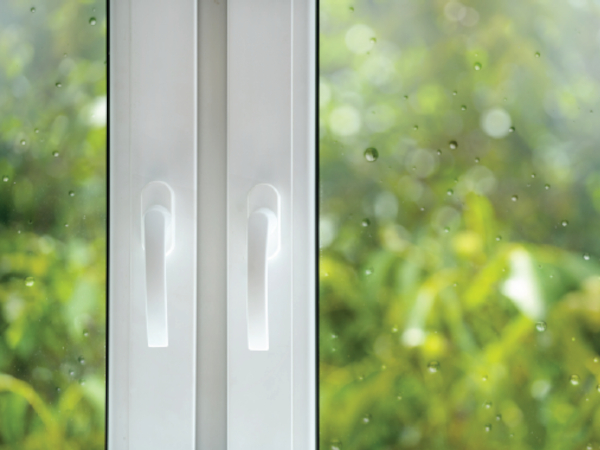
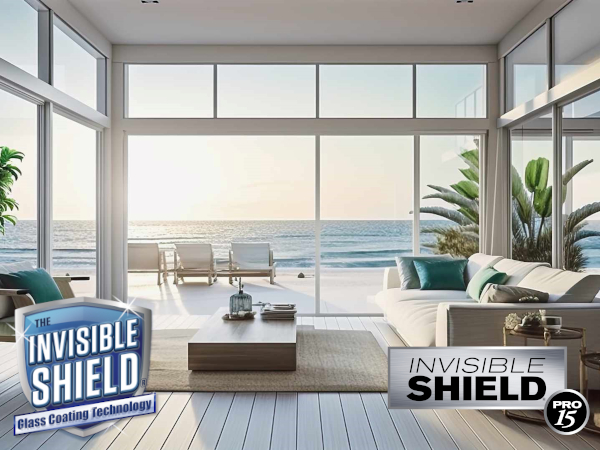
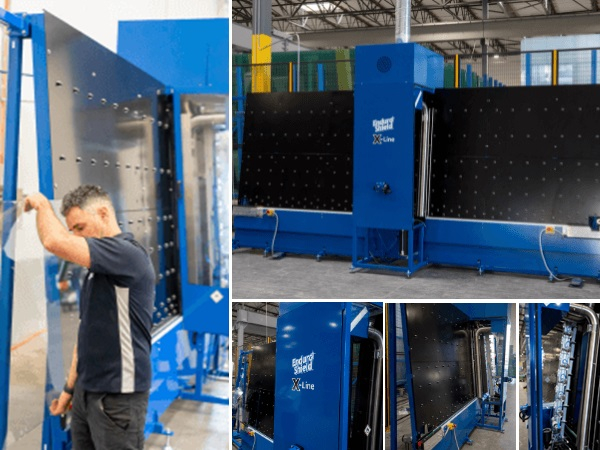
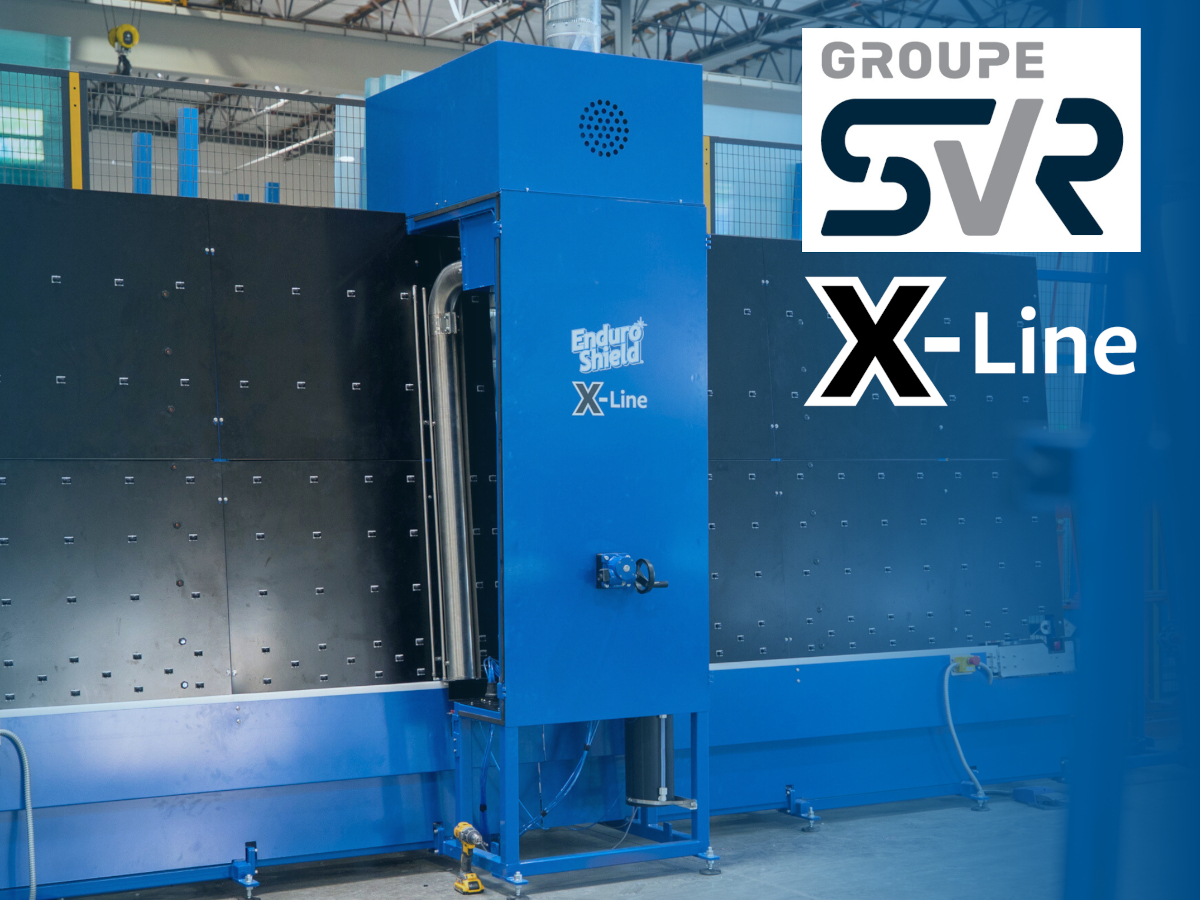
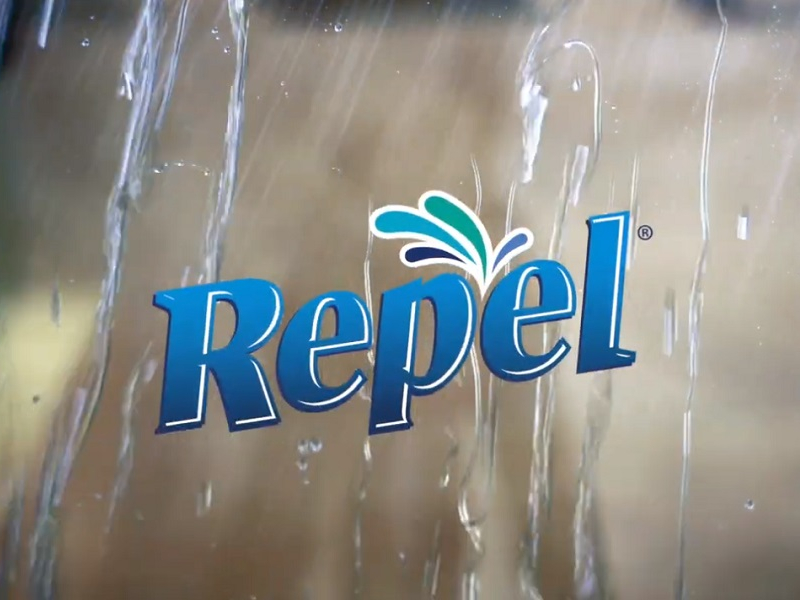



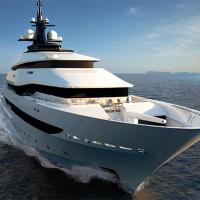
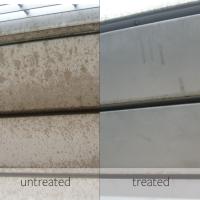


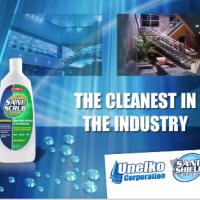
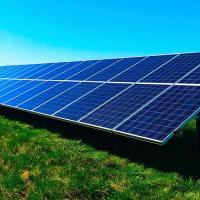
Add new comment